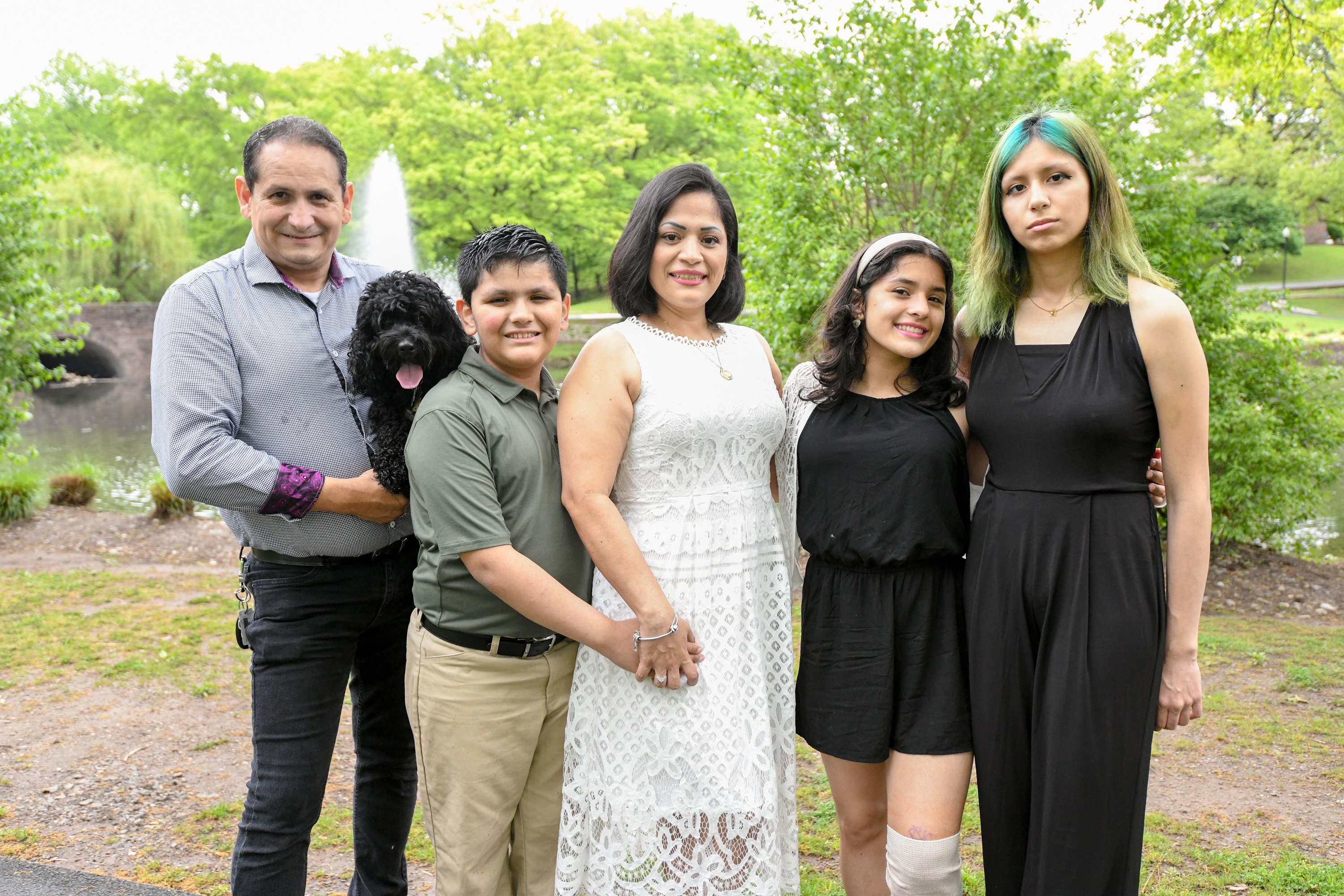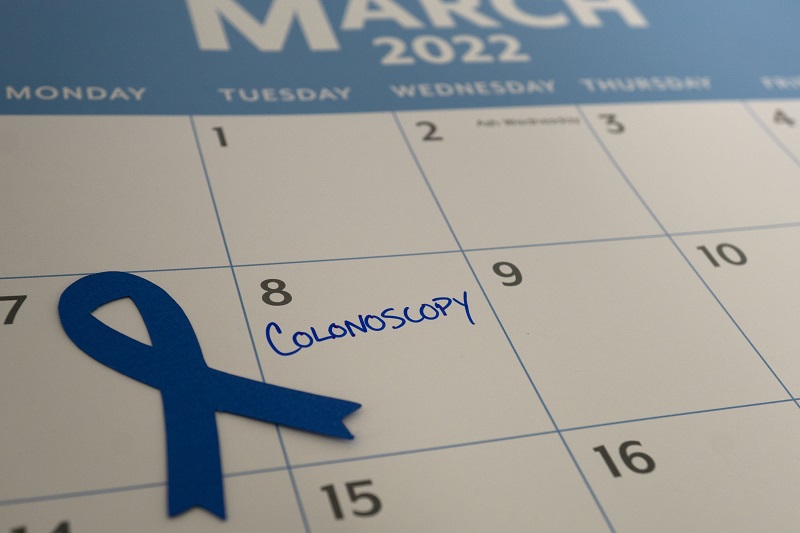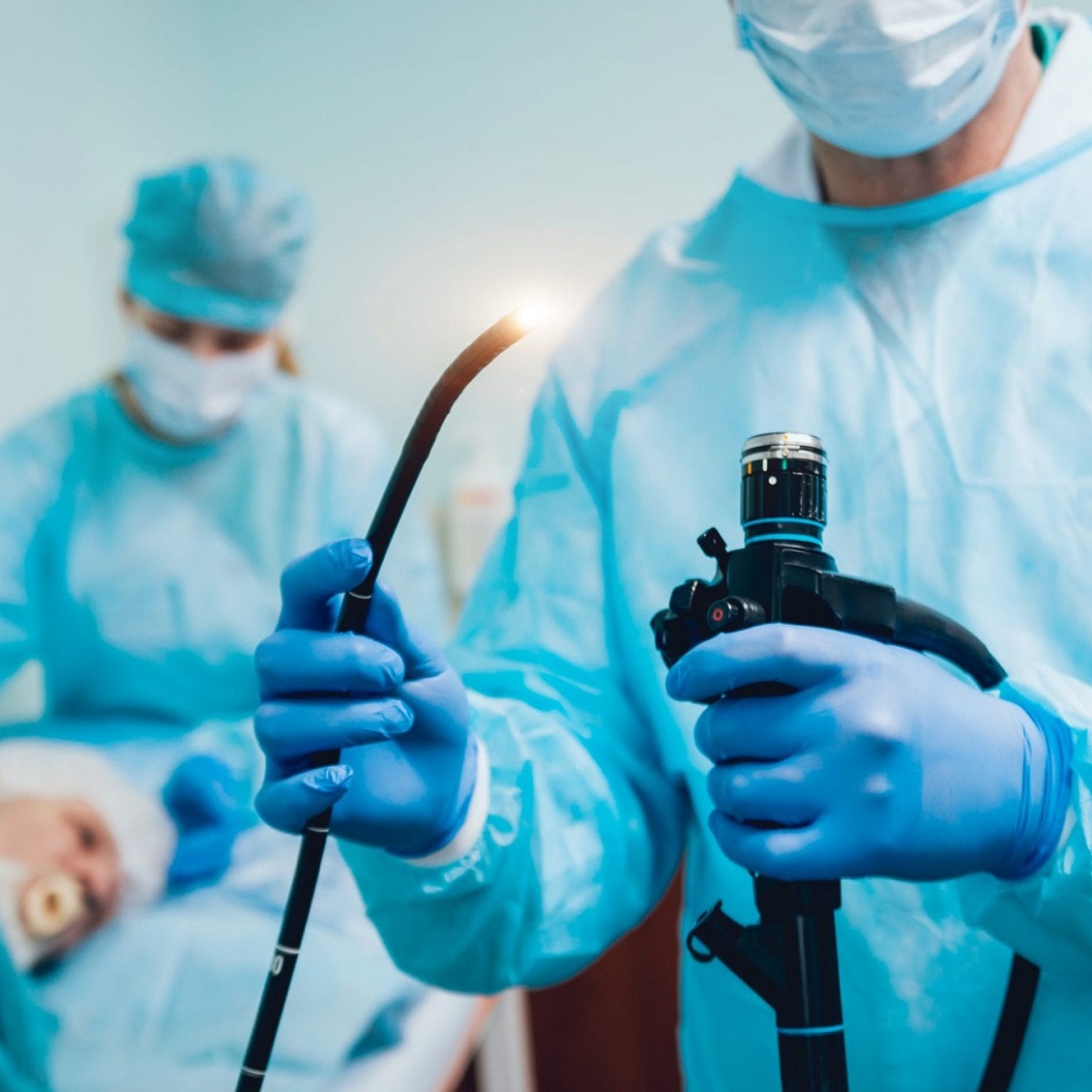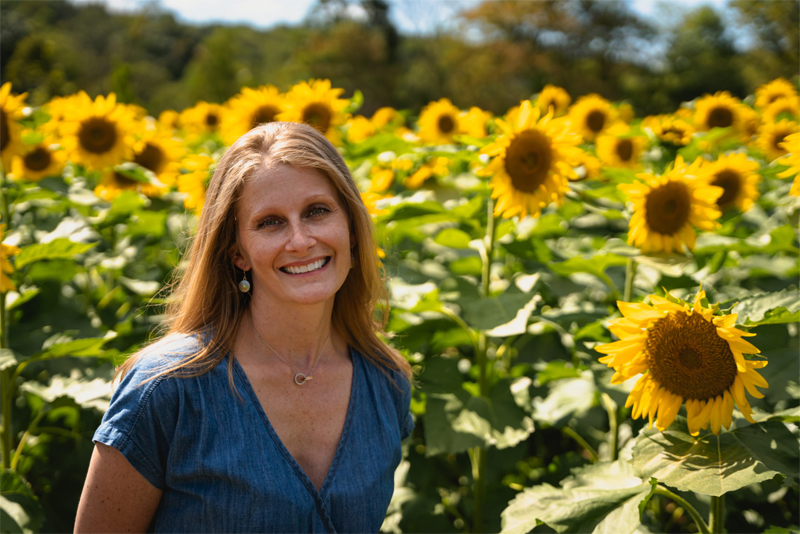

As a postal carrier in Clifton, New Jersey, Tatiana Gonzalez, 42, walked 12 miles a day. However, in 2018 she found it too taxing physically and resigned from her job. “My knees hurt, and other parts of my body did, too,” she says. Not long afterward she became severely constipated and at times couldn’t go to the bathroom without the help of a laxative. Since she wasn’t doing as much walking, she figured that her decreased activity was impacting her digestion.
In March 2019, Tatiana noticed blood in her stool and realized she should see her primary care doctor. He sent her to a gastroenterologist, who performed a colonoscopy.
The resulting diagnosis left Tatiana in shock, especially given her age—39 years old at the time. Tatiana had stage 3 colorectal cancer.
Dealing With Cancer
A friend in the medical field suggested Tatiana contact John Theurer Cancer Center at Hackensack University Medical Center to find an oncologist. There, she found Andrew Jennis, M.D.
Before Dr. Jennis could address the cancer, Tatiana first needed a colostomy (a surgery that redirects the colon from its normal route, down toward the anus, to a new opening in the abdominal wall) to relieve a blockage. After that, she needed an ileostomy (where the small intestine is diverted through an opening in the abdomen) for the same reason.
She temporarily had to wear a colostomy bag to collect solid waste, which she describes as “very hard for me.”
Tatiana then underwent several surgeries, chemotherapy and radiation therapy to treat the cancer. “Dr. Jennis has been great,” she says. “He explained each procedure along the way, three or four times if I needed it, and brought in a translator because my English isn’t that great.”
Her life has been totally upended. To bolster her three children’s spirits, she tells them, “We’re a team” and “I need you to be strong.”
Her diet is limited—she can no longer eat several foods she enjoyed, such as rice, beans and broccoli. “It’s trial and error,” she says, as she tries to find foods that won’t send her to the bathroom.
A Hopeful Future
Dr. Jennis is hopeful, however: “There have been two successes of her treatment. One, her cancer was removed and she's in remission. Hopefully she'll stay that way. Two, we were able to save her rectum so she didn't need a permanent colostomy. That wasn't ensured when she started.”
Tatiana is under regular medical care and monitoring, and will be for another five or six years until long-term remission is more certain.
“Colorectal cancer is more common in people 50 and above, and the rate increases with age. But in the age group below 50, the incidence of colon cancer is increasing in the United States,” Dr. Jennis says. “There are theories as to why that is—genetics or growing obesity rates and inactivity, for example—but we’re not exactly sure about the causes.”
The U.S. Preventive Services Task Force recommends that most Americans be screened for colorectal cancer at age 45—five years earlier than previously recommended—and continue with screenings periodically until age 75.
These days, you can find Tatiana biking with her kids and enjoying every day with them. She’s even started working as a receptionist at John Theurer Cancer Center and is thrilled at the opportunity to help other patients at the very facility that helped her.
Tatiana doesn’t take anything for granted and wants to remind people about ways to prevent colorectal cancer. “Don’t be afraid of colonoscopies,” she says.
Next Steps & Resources:
- Meet our source: Andrew Jennis, M.D.
- To make an appointment with Dr. Jennis or a doctor near you, call 800-822-8905 or visit our website.
- Learn more about comprehensive cancer care at Hackensack Meridian Health

Colonoscopy vs. At-home Screening: Which Is Right for You?

Father and Son Overcome Colorectal Cancer Thanks to Timely Screenings

Are Colonoscopies Really That Bad?
